Ukrainian moon start-up volunteers tech for military use
The company's 3D printers now churn out gun components.
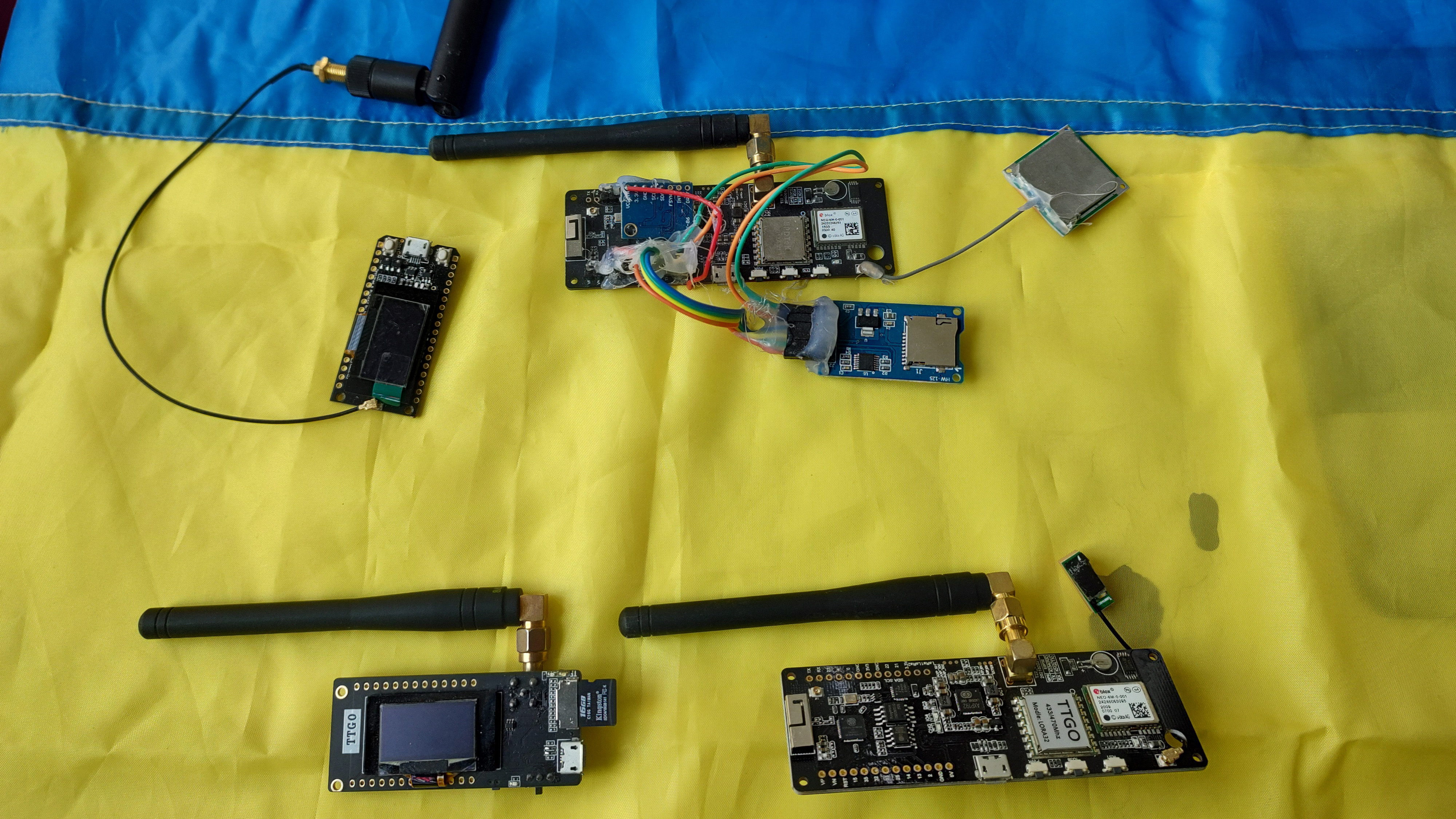
Breaking space news, the latest updates on rocket launches, skywatching events and more!
You are now subscribed
Your newsletter sign-up was successful
Want to add more newsletters?

Delivered daily
Daily Newsletter
Breaking space news, the latest updates on rocket launches, skywatching events and more!

Once a month
Watch This Space
Sign up to our monthly entertainment newsletter to keep up with all our coverage of the latest sci-fi and space movies, tv shows, games and books.

Once a week
Night Sky This Week
Discover this week's must-see night sky events, moon phases, and stunning astrophotos. Sign up for our skywatching newsletter and explore the universe with us!

Twice a month
Strange New Words
Space.com's Sci-Fi Reader's Club. Read a sci-fi short story every month and join a virtual community of fellow science fiction fans!
A Ukrainian space tech start-up postponed its dream of going to the moon to volunteer their technology to fight against Russia in the ongoing war. But they still believe they will get there one day.
Only three years old, the Kyiv-based start-up Lunar Research Service has tried its hands at a variety of space projects. The company has flown space gear on stratospheric balloons to test its performance in near space, built educational nanosatellites and designed technologies that would help rovers on the moon to survive the cold lunar night. But, on February 24, Russian tanks rolled into Ukraine, invading and igniting a war.
The start-up was just about to ship its first batch of nanosatellites to their Kickstarter backers, but priorities changed within days, the company's chief technology officer Dmytro Khmara told Space.com in an email. Instead of going to the customers, the nanosatellites were taken apart and the components handed over to the military.
Related: Ukraine invasion's impacts on space exploration: Live updates
"The first days of the war were mostly a shock," Khmara said. "We quickly realized that it was not possible to continue business as usual. We suspended manufacturing and put all the efforts into supporting our army's needs."
The company donated nearly 17,000 satellite batteries to the Ukrainian military to power flashlights, radio transmitters and other equipment, said Khmara. Long-range communication modules with GPS sensors that Lunar Research Service used in its stratospheric balloons replaced Chinese technology in military drones to reduce the risk of interception, he added.
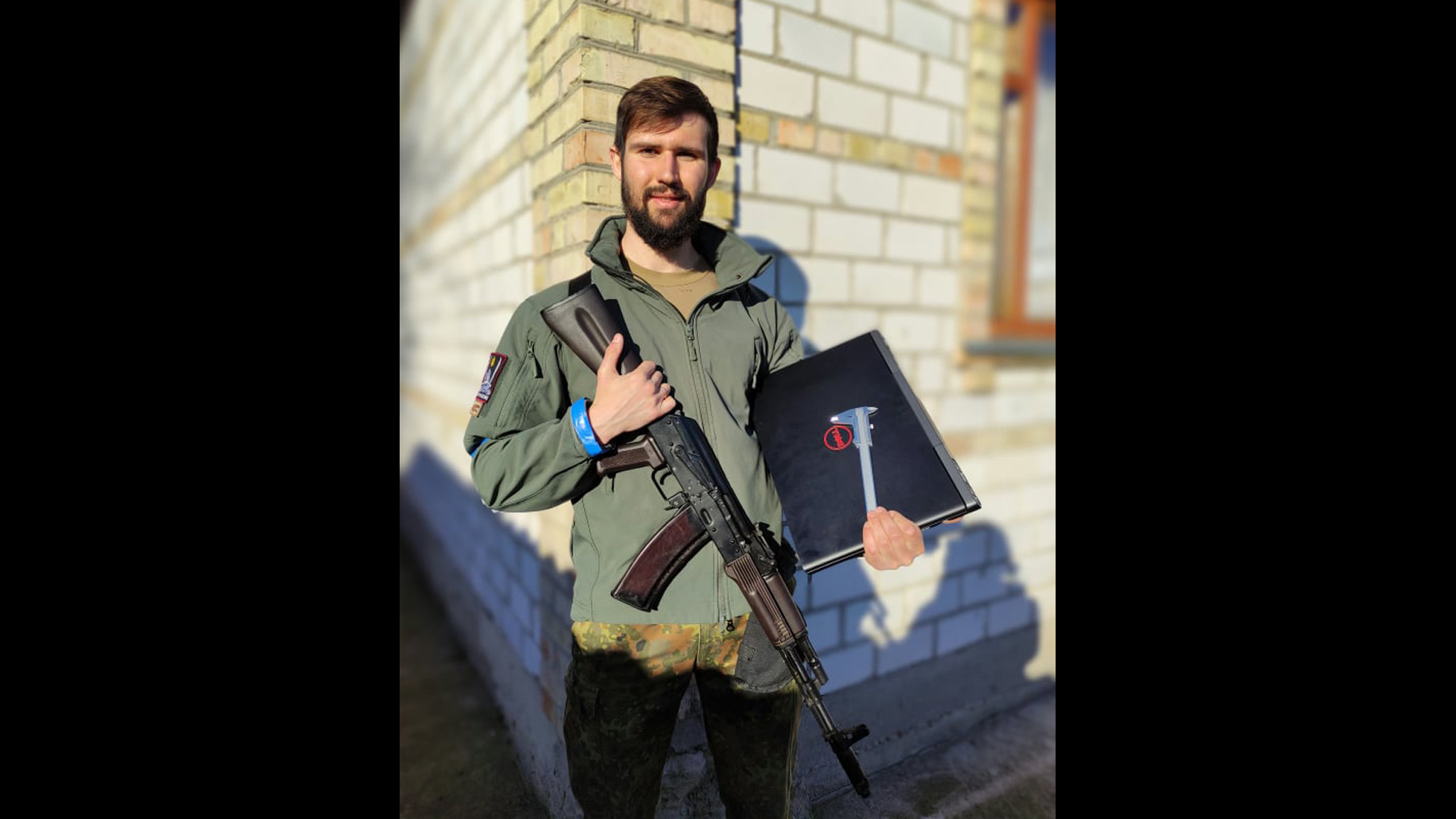
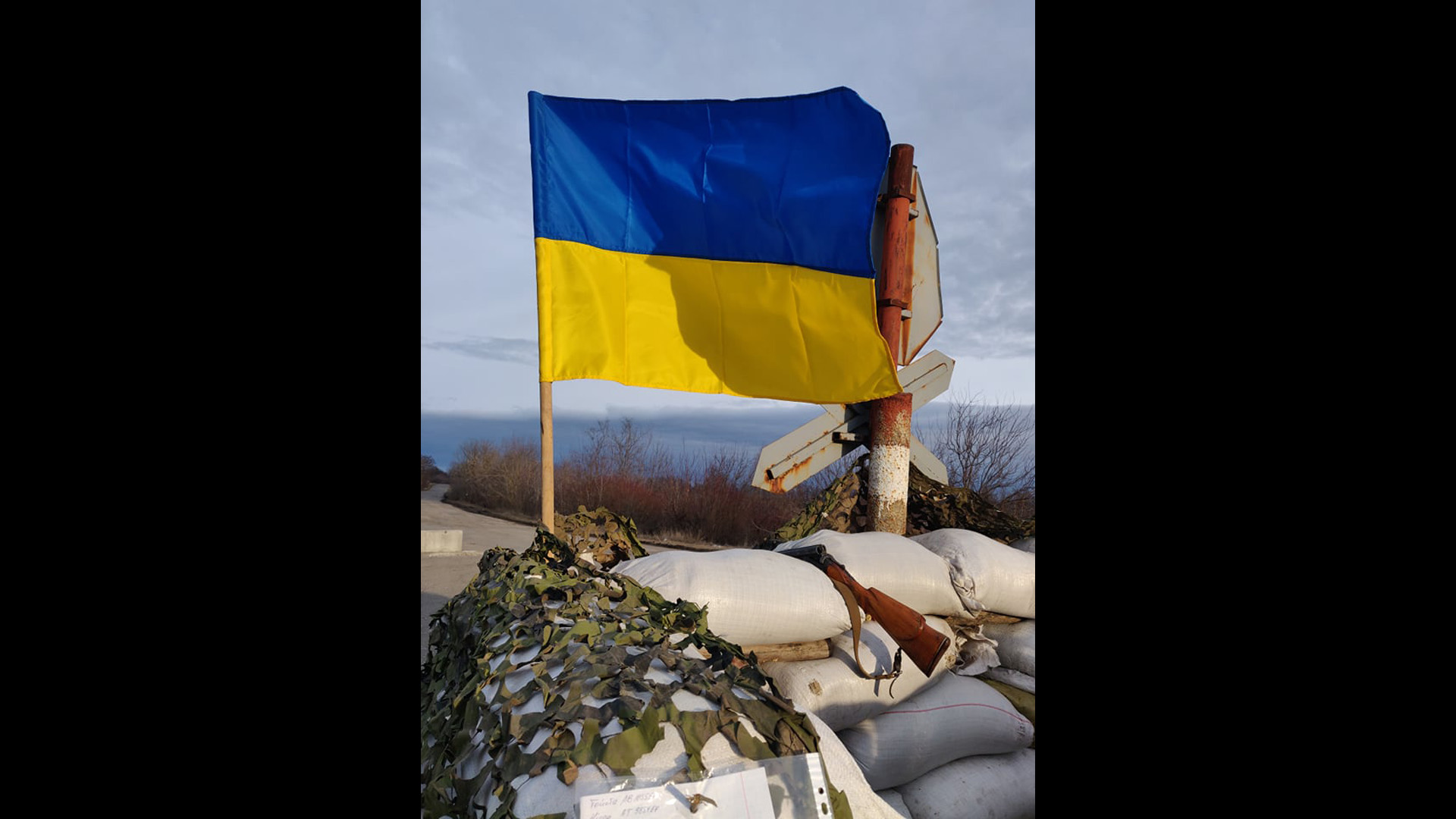
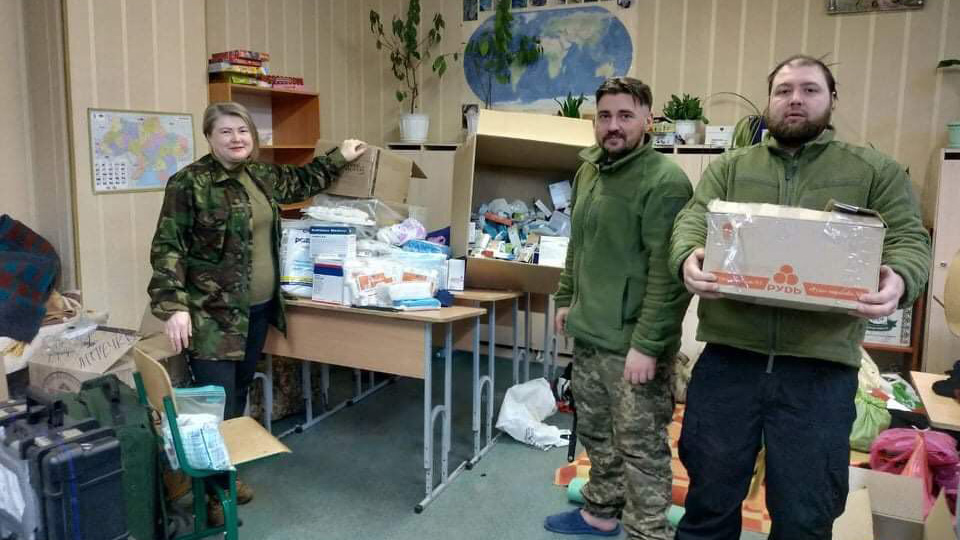
Reprogramming 3D printers
Several of the company's 12 staff members additionally joined Ukraine's Territorial Defense and Cyber Forces, volunteering their skills to help protect their homeland. The company's 3D printers, previously churning out bits of the nanosatellite kits, received new orders and are now making parts for periscopes and gun upgrades, according to Khmera.
Breaking space news, the latest updates on rocket launches, skywatching events and more!
"Our country's defense is the priority," said Khmera. "Everybody should make every effort to overcome this injustice, and lead Ukraine to victory."
The engineers work with Ukraine's army, which had stunned the world with their courage and resilience against the much more numerous better equipped aggressor (Russia's military outmatches Ukraine's by at least 1 to 5, according to SkyNews).
They are among many Ukraine's DIY (do it yourself) makers, whose resourcefulness, Khmera said, "helps the army close the technology gaps" that the nation's industry can't cover.
"Our CAD [Computer-Aided Design] modeling engineer Taras Moshchanskyi sits in the trench with a gun, a Vernier caliper [a tool for precise measurements], and a laptop," said Khmera. "In between rotations he models upgrades for old Soviet AK-74 [assault rifles], which we are printing on our 3D printers."
Even though the Russian forces retreated from the capital Kyiv and surrounding areas in the first week of April, exposing the apocalypse in some of the previously occupied towns, Lunar Research Service is far from returning to its pre-war activities. After two weeks of peace, missiles again rained down on the city over Easter as Russia sought revenge for the sunken warship Moskva.
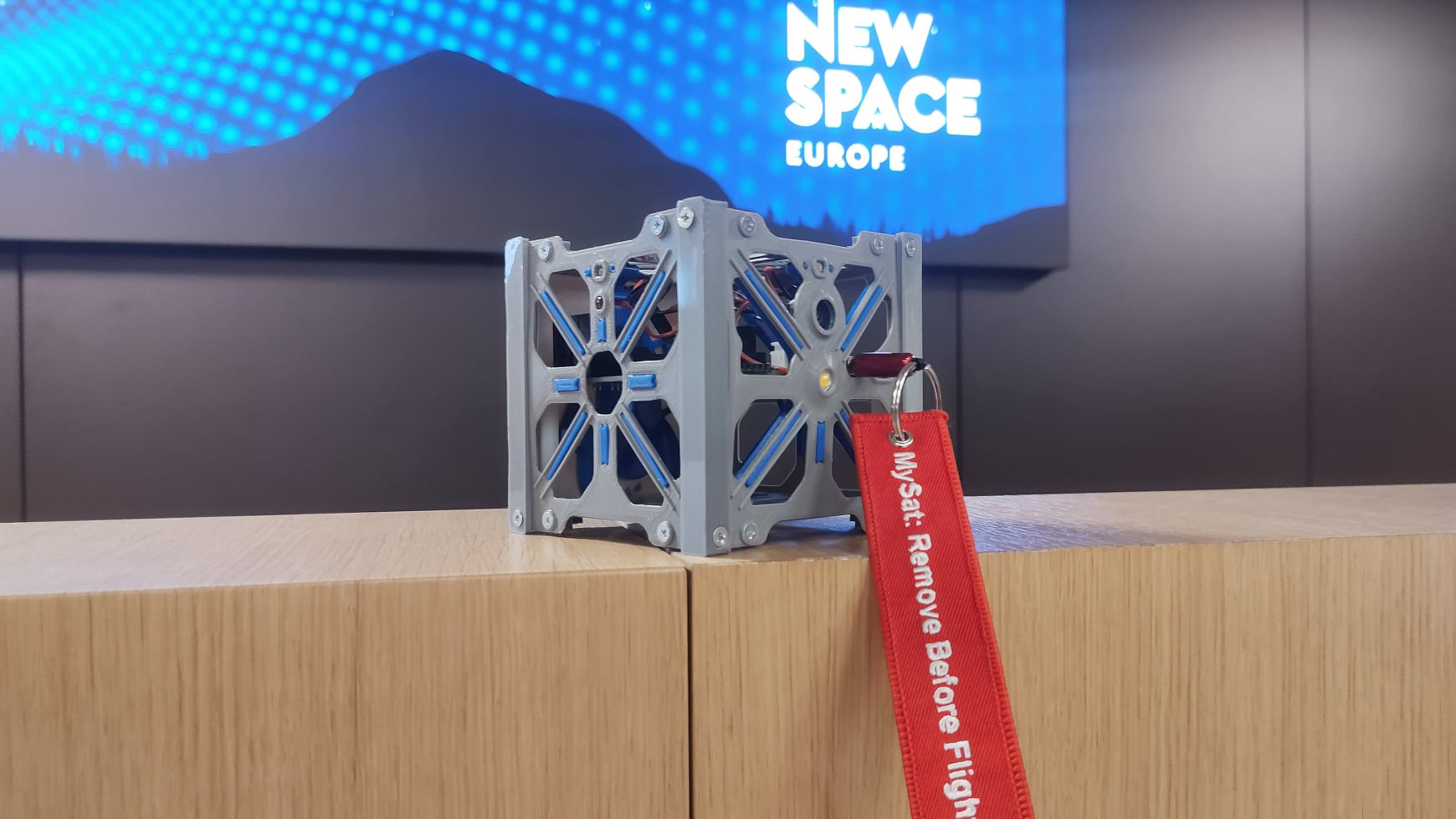
Dreaming of the moon
"The situation in Kyiv is more stable today," said Khmera. "Critical infrastructure is working. Life is slowly recovering. But unfortunately, it is still hard to predict the future."
The focus of Russia's onslaught has shifted to Ukraine's strategic easternmost Donbas region, rich with natural resources, where hundreds of thousands of people in the besieged city of Mariupol have been suffering for weeks with lack of food and water under constant bombardment.
Khmera, like most Ukrainians, believes that Ukraine will be victorious in this war and that one day, better times will come.
"Our nation is strong and the international support of Ukraine against Russian aggression is incredibly big," he said.
Even though right now, no one knows when those better times will come, Khmera is confident that Lunar Research Service will ultimately make new nanosats and deliver them to its clients who, he added, have supported the company's changing needs.
One day, the firm wants to see its technology fly to the moon. The company's rover systems, Khmera said, caught the eye of Japan-headquartered ispace, which plans to send a rover to the moon in 2024. The two companies recently signed a "memorandum of cooperation," he added.
No matter what the ultimate outcome of the war with Russia will be, Lunar Research Service is clear about one thing. They will not use any Russian technology or funding in the future to achieve their goals, said Khmera. The doors for cooperation between the once partnering countries have closed for good.
Follow Tereza Pultarova on Twitter @TerezaPultarova. Follow us on Twitter @Spacedotcom and on Facebook.
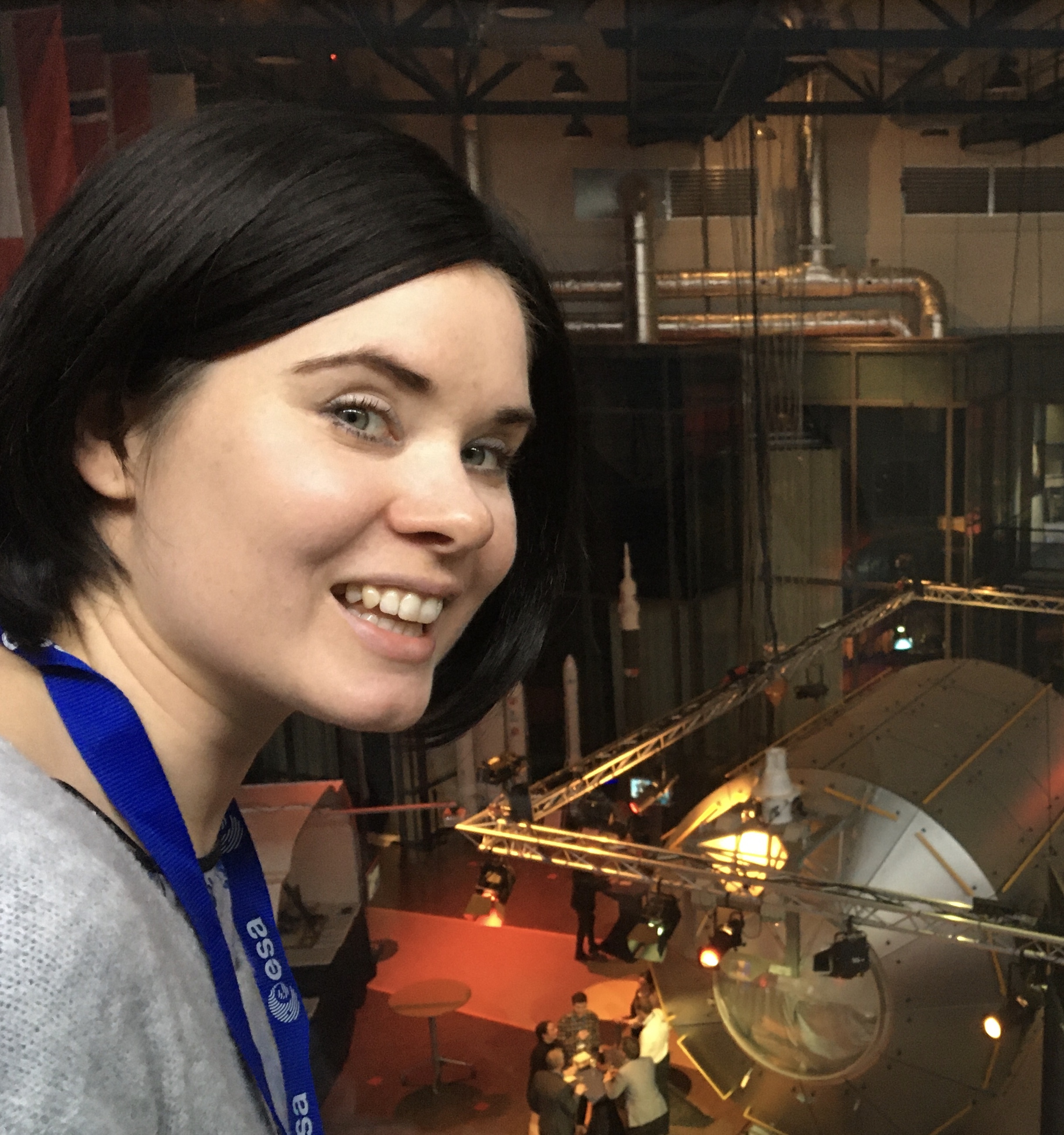
Tereza is a London-based science and technology journalist, aspiring fiction writer and amateur gymnast. She worked as a reporter at the Engineering and Technology magazine, freelanced for a range of publications including Live Science, Space.com, Professional Engineering, Via Satellite and Space News and served as a maternity cover science editor at the European Space Agency.
